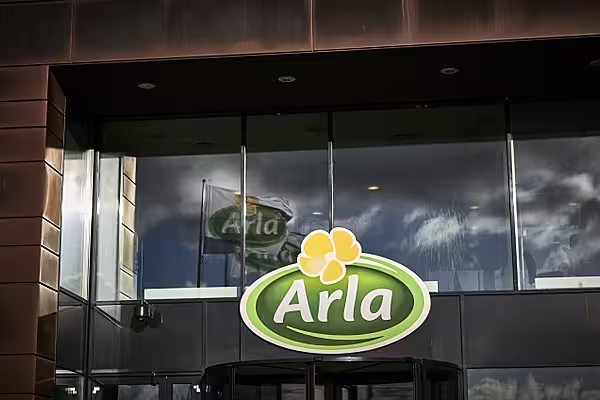There has been steady rise in the demand for vegetarian and vegan alternatives to meat in Germany, according to a recent study.
The research conducted by the University of Göttingen and University of Hohenheim found that some three million adults in Germany are now classed as vegetarians or vegans, that's 3.7 per cent of the entire population.
It added that one of the main reasons is a widespread desire for a better and more sustainable lifestyle, while the demand for meat in Germany is steadily declining.
One of the reasons for this is the increase in meat prices of around 17 per cent between 2010 to 2014.
Another contributing factor are the recent negative reports about factory farming and the working conditions in German slaughter houses, which turned many Germans towards vegetarianism, or so called ‘flexitarians’: semi-vegetarian people who only consume meat on rare occasions.
The tendency to live meat free started originally within the liberal student community who chose this lifestyle for mainly ethical reasons, the report found. People who chose to live a vegetarian lifestyle are often referred to as ‘lohas’, someone who chose a "lifestyle of health and sustainability" and this phenomenon is not exclusive to students anymore.
The average "loha" nowadays is 30, female and well-educated. The huge popularity of vegetarianism is also influenced by today’s positive image of vegan and vegetarian products. According to the German Vegetarian Society the profit gained from meat alternatives increased by 164 per cent in 2012 in comparison to 2008. Also within the last 10 years the per capita consumption of fresh-produce increased by 13 per cent as well. There is a definite shift from whole food stores to conventional supermarkets within Germany when it comes to vegetarian and vegan alternatives, especially at Aldi and Norma now carry a wider range of vegetarian products.
Currently, according to the report, most of those products are very expensive and the market is dominated by major brand names, however this might change in the near future because there are many new up and coming smaller brands, which offer products at more affordable prices. Additionally to companies that offer vegetarian products only companies like Ruegenwalder, who are widely popular in Germany for their meat products, recently also started adding vegetarian options to their product range.
Their aim within the next five years is to achieve at least 30 per cent of their profit from vegetarian products.
© 2015 European Supermarket Magazine – your source for the latest retail news.














